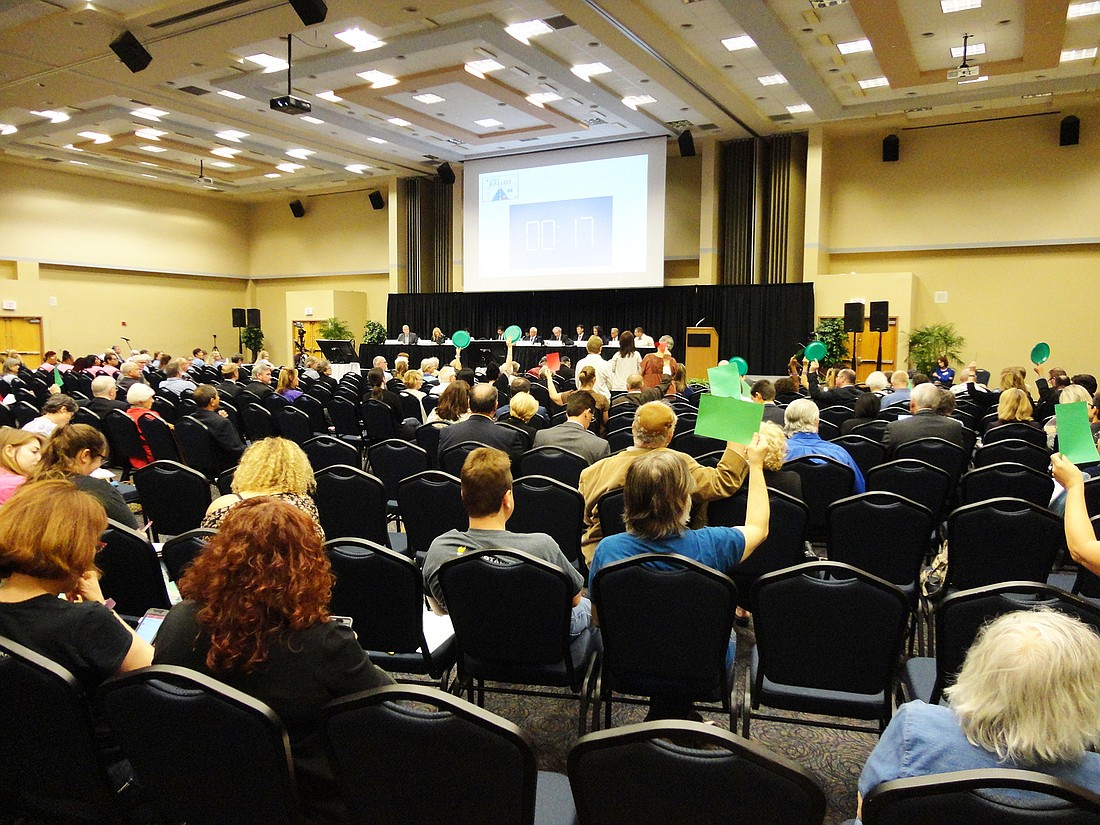
Unlike the U.S. Constitution, the Florida Constitution includes a process by which it may be amended by registered voters every 20 years.
Changing our constitution is serious work.
In 2017 and 2018, the third Florida Constitution Revision Commission convened to hold public hearings and solicit statewide public input about changes to our governing document that voters would like to make.
Open primary elections, abortion and legalization of recreational marijuana were among the more than 1,000 proposed amendments the public asked the CRC to consider that were not adopted by the commission and will not appear on the Nov. 6 general election ballot.
The commissioners ultimately submitted 11 revisions for voters to consider.
The proposed amendments, combined into eight groups and numbered 6-13 on the ballot in November, address the rights of crime victims; an increased mandatory retirement age for judges; first responder survivor benefits; college and university governance; school board term limits; prohibitions on offshore drilling; a ban on vaping in enclosed indoor workplaces; changes to state and local government structure and operations; property rights; prosecution under criminal statutes; restrictions on lobbying and abuse of office by public officers; and an end to parimutuel greyhound racing.
The other five amendments that will appear on the ballot came from either the state Legislature or a citizens’ petition, not the commission.
Those proposed amendments comprise an increased homestead propery tax exemption, limitations on non-homestead property taxes, casino gambling, restoration of voting rights to certain convicted felons and to require a supermajority vote in the Legislature to increase state taxes.
To become law, an amendment must receive at least 60 percent voter approval.
We can expect that the voters will turn to us — the lawyers they know — for information and guidance about these proposals. We should be ready to be a resource when our families, circles of friends, civic and religious groups and faith-based organizations turn to us for help in understanding the language and potential consequences of the proposed amendments.
For information that can help you be an informed resource, you can visit a website The Florida Bar launched (protectfldemocracy.org) or the CRC’s website (flcrc.gov). You will find a wealth of information about the commission process, the specific language of the CRC’s proposals and white papers written by experts on many of the amendments.
The Florida Bar Journal also will publish a special insert on the CRC’s proposed amendments in its September/October edition.
As officers of the court, we must be educated on the issues so we can do our part to ensure voters in our communities are well-informed before they reach the ballot box.